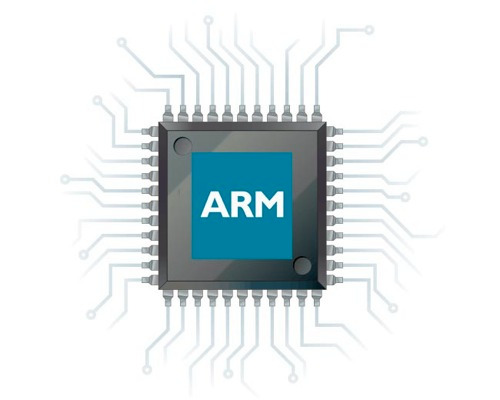This is an old revision of the document!
The ARM Architecture
At the time of its inception (1983), ARM stood for “Acorn RISC Machine”, referencing the Cambridge, England based company, Acorn Computers. Their Acorn Archimedes was one of the first personal computers (PC) to use a RISC processor. Later in 1990, ARM Ltd. was founded as a joint venture between Acorn Computers, VLSI Technology and Apple. The meaning of the acronym ARM changed to “Advanced RISC Machines” at Apple's request, them not wanting to advertise any ties with their former competitor.
Today, ARM Ltd. owns the rights to the ARM instruction set architecture (ISA) and to individual components used in processor implementations. These IPs are leased to other companies such as NXP and Microchip for them to develop their own implementation of the ARM standard (e.g.: the i.MX8M that we are working on). While certain elements such as the Generic Interrupt Controller (GIC) are almost guaranteed to be found in each CPU implementation, other such as the Memory Controllers are often vendor specific. Meanwhile, components such as the System MMU (commonly known as IOMMU on x86) may be absent altogether.
ARM processors can usually be classified according to type and generation. The type refers to their intended use:
- Cortex-A: Focused on performance and capable of running an Operating System.
- Cortex-M: Focused on reduced power consumption. Usually used in Micro-controllers (MCU).
- Cortex-R: Focused on real-time applications. Needs to guarantee a bounded reponse time.
In terms of generations, only the most recent three should be considered relevant:
- ARMv7: Older, 32-bit architecture. Still possible to encounter it.
- ARMv8: Introduced in 2011, it is 64-bit but has a 32-bit compatiblity mode. Most common today.
- ARMv9: Very recent (2021) and not yet widely used. Introduces some interesting security & tracing features.

